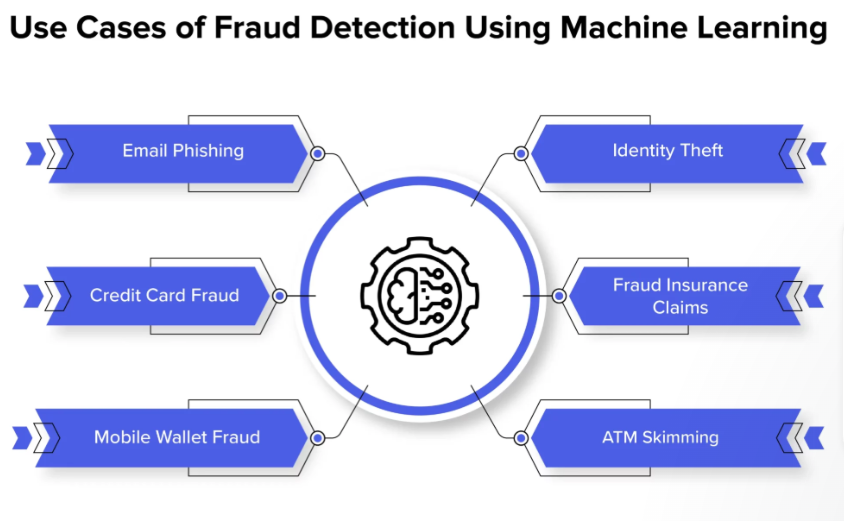Benefits of Data Science for Fraud Detection and Transaction Security in Fintech
Introduction to Data Science in Fintech
Fintech continues to reshape how consumers and businesses access, transfer, and safeguard their money. Data science is at the heart of this transformation—a discipline that empowers financial institutions to extract valuable patterns from massive datasets. As many companies leverage data science to outpace online threats, the need for sophisticated technical expertise becomes increasingly apparent. In today’s world, where transaction speed and reliability are paramount, firms like David Johnson Cane Bay Partners help set the standard for using data-driven insights to improve financial protection. Firms based in the Cane Bay Virgin Islands specialize in fintech consulting and collaborate with other organizations to develop advanced analytical frameworks that address emerging security challenges.
Industry consultants deliver practical guidance beyond traditional risk management by turning unstructured transaction data into tangible intelligence. As global cybercrime rises, integrating machine learning models and analytics into financial operations gives fintech players a significant edge.
Transforming Fraud Detection with Advanced Analytics
One of the most significant impacts of data science in fintech is its ability to revolutionize fraud detection. Pattern recognition algorithms and predictive analytics analyze transaction histories, identifying questionable activities before they result in financial losses. With robust data science tools, fintech companies flag suspicious behaviors and accelerate investigations, minimizing potential damage. According to a report from the Statista Fintech Segment, integrating data science-driven fraud detection reduces costs and decreases the frequency of breaches.
Artificial intelligence extends these capabilities further, helping fintech platforms distinguish between legitimate and risky activities more accurately. Rapid identification of abnormal patterns enables institutions to proactively respond, protect customer assets, and sustain market confidence.
Enhancing Transaction Security with Real-Time Insights
With digital transactions occurring around the clock, real-time monitoring powered by data science is now essential. Machine learning models assess millions of data points per second, flagging inconsistencies in individual transactions and across systems. This immediate detection blocks cyberattacks before they escalate, offering protection for both users and financial infrastructure.
Companies that invest in continuous analytics benefit from rapid alerts and faster responses. By leveraging consulting expertise from experienced teams, fintech organizations tailor their algorithms to specific customer environments and compliance demands, leading to an adaptive framework that evolves as new threats emerge. This adaptability is crucial for maintaining trust in a highly competitive fintech landscape.
Consulting Expertise in Fintech Data Science
The value of data science is maximized with the guidance of consulting experts who understand both the technology and the financial regulatory landscape. Firms that focus on consulting bring objectivity and a breadth of experience across several verticals, enabling them to design solutions that integrate seamlessly with existing financial systems. A fintech consulting firm is a notable example, providing actionable insights, predictive risk models, and customized analytics to help fintech companies combat fraud and reinforce their transaction frameworks.
Consulting services extend beyond initial implementation. By offering ongoing monitoring, regular security updates, and incident response planning, these firms ensure fintech clients remain resilient against evolving cyber threats.
Regulatory Compliance and Customer Trust
Staying abreast of financial regulations is critical for safety and credibility in fintech. Data science provides transparency and traceability, making compliance reporting much more efficient. Detailed analytics support audit trails, while anomaly detection models demonstrate that an organization actively protects user interests. The European Union’s tightening standards around customer data have clarified the need for robust analytics.
With clear governance and the right consulting partnerships, fintech companies can boost client confidence, streamline their operations, and maintain a strong reputation within the digital economy.
Why the Cane Bay Virgin Islands Plays a Strategic Role
As an emerging hub for innovation, fintech consulting firms are strategically positioned to attract world-class consulting expertise and foster collaborations that further fintech advances. Talent-rich and connected to global financial networks, the region serves as a launching pad for progressive initiatives in transaction security and fraud prevention. Firms work closely with partners across industries to bring real-time solutions and long-term strategic advice to the fintech sector.
Future Outlook for Data Science in Fintech Security
The combination of analytics, automation, and expert consulting will be crucial for countering increasingly sophisticated cyber threats. As transaction volumes grow and regulatory expectations rise, fintech organizations must continue to innovate with advanced analytics and proactive risk management. Consulting partners play an essential role in empowering these companies with the resources needed to evolve and adapt. The future of data science in fintech security is promising, driven by ongoing investment in machine learning and a commitment to resilient, user-focused financial systems.
